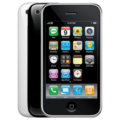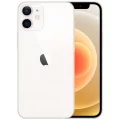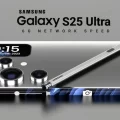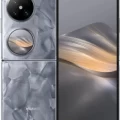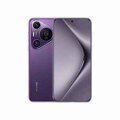- PRODUCTS
- Apple iPhone
- iPhone 5c Price in Kenya
iPhone 5c Price in Kenya
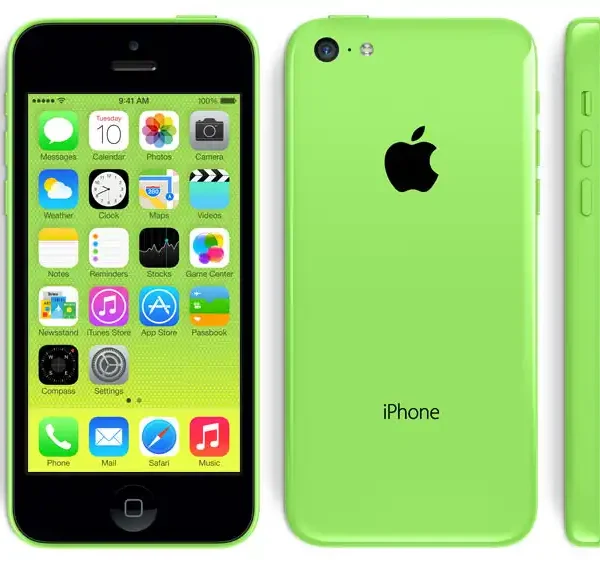

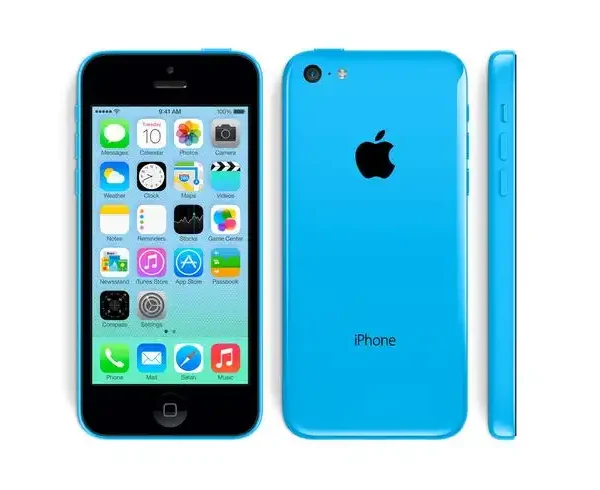
The iPhone 5c, released in 2013, was a unique offering from Apple that aimed to bring the company’s flagship smartphone experience to a wider audience in the Kenyan market. In this blog post, we’ll explore the various aspects of the iPhone 5c, including its design, features, performance, and pricing in the Kenyan context.
Design and Colorful Approach
One of the standout features of the iPhone 5c was its design. Unlike the premium, metal-clad iPhone 5, the 5c featured a polycarbonate plastic body that came in a variety of vibrant colors, including blue, green, pink, yellow, and white. This colorful approach was a departure from the more subdued and sophisticated aesthetic of previous iPhone models, and it was intended to appeal to a younger, more fashion-conscious demographic.
The plastic construction of the iPhone 5c made it slightly thicker and heavier than the iPhone 5, but it also provided a more durable and scratch-resistant exterior. The device retained the same 4-inch Retina display and overall dimensions as the iPhone 5, ensuring a familiar user experience for those upgrading from the previous model.
Performance and Capabilities
Under the hood, the iPhone 5c was powered by the same A6 dual-core processor found in the iPhone 5, ensuring a similar level of performance. This meant that the 5c was capable of handling a wide range of tasks, from everyday productivity to more demanding mobile games and applications.
The camera on the iPhone 5c was also identical to the one found in the iPhone 5, with an 8-megapixel rear-facing sensor and the ability to capture 1080p HD video. This provided Kenyan users with a capable camera experience, allowing them to capture high-quality photos and videos.
Software and iOS Ecosystem
The iPhone 5c shipped with iOS 7, which introduced a significant visual overhaul to Apple’s mobile operating system. The new design language, with its flatter aesthetics and vibrant colors, complemented the colorful design of the 5c itself, creating a cohesive and visually appealing user experience.
As with the iPhone 5, the 5c benefited from the robust iOS ecosystem, providing access to a vast library of apps, games, and services through the App Store. This ecosystem continued to be a major selling point for Apple’s devices in the Kenyan market, as it offered a wide range of content and functionality to meet the diverse needs of Kenyan consumers.
Pricing and Availability in Kenya
When the iPhone 5c was first introduced in Kenya, it was priced at a more accessible level compared to the flagship iPhone 5s. The base model, with 16GB of storage, was initially sold for around KES 55,000 (approximately $550 at the time), making it a more affordable option for Kenyan consumers.
This more competitive pricing strategy was a deliberate move by Apple to expand the reach of its smartphone lineup in the Kenyan market. By offering a more affordable alternative to the high-end iPhone 5s, the company aimed to attract a wider range of consumers, including those who may have been priced out of the flagship model.
Adoption and Impact in the Kenyan Market
The colorful and more affordable design of the iPhone 5c resonated with a segment of the Kenyan market, particularly younger consumers and those looking for a stylish yet accessible smartphone option. The device’s performance capabilities, combined with the continued strength of the iOS ecosystem, made it a compelling choice for Kenyan users who were seeking a premium smartphone experience without the premium price tag.
The introduction of the iPhone 5c also helped to further diversify the Kenyan smartphone landscape, as it provided an alternative to the more expensive flagship models from Apple and other leading brands. This increased competition and choice ultimately benefited Kenyan consumers, who had more options to choose from based on their individual needs and budgets.
Siri and its Kenyan Adoption
Like the iPhone 5, the 5c continued to feature Siri, Apple’s virtual assistant. However, the challenges faced by Kenyan users in terms of Siri’s understanding of local dialects, accents, and cultural nuances remained.
While Siri’s capabilities had improved since its introduction, the assistant still struggled to fully comprehend and respond to the unique linguistic and cultural characteristics of the Kenyan market. This limited the usefulness of Siri for many Kenyan iPhone 5c owners, who often found themselves relying on more traditional methods of interacting with their devices.
Cellular Connectivity and 4G LTE
The iPhone 5c, like its predecessor the iPhone 5, supported 4G LTE cellular connectivity. This was an important feature for Kenyan consumers, as the rollout of 4G networks by local telecommunications providers continued to expand, offering faster data speeds and improved network performance.
The availability of 4G LTE on the iPhone 5c allowed Kenyan users to take advantage of the improved cellular connectivity, enabling them to enjoy a more seamless browsing, streaming, and overall mobile experience on their devices.
Longevity and Continued Support
Despite being a mid-range offering in Apple’s smartphone lineup, the iPhone 5c continued to receive software updates and support from the company for several years after its initial release. This longevity was a testament to Apple’s commitment to providing a consistent and reliable user experience, even on its more affordable devices.
Kenyan consumers who purchased the iPhone 5c were able to enjoy the latest iOS updates and security patches, ensuring that their devices remained up-to-date and secure over time. This level of ongoing support helped to extend the usable lifespan of the 5c, making it a more attractive long-term investment for Kenyan buyers.
Conclusion
The iPhone 5c was a unique offering from Apple that aimed to bring the company’s flagship smartphone experience to a wider audience in the Kenyan market. With its colorful and more affordable design, the 5c appealed to a segment of the Kenyan consumer base that was looking for a premium smartphone option without the premium price tag.
While the device’s performance capabilities were on par with the flagship iPhone 5, the 5c’s more accessible pricing strategy helped to further diversify the Kenyan smartphone landscape, providing Kenyan consumers with more choice and competition.
The continued support and software updates from Apple also helped to extend the usable lifespan of the iPhone 5c, making it a more attractive long-term investment for Kenyan buyers. However, the challenges faced by Siri in understanding local dialects and cultural nuances remained a limitation for Kenyan users, highlighting the need for ongoing refinement and localization of such technologies.
Overall, the iPhone 5c played a significant role in expanding Apple’s reach in the Kenyan market, offering a more affordable and stylish alternative to the company’s flagship devices. Its impact on the Kenyan smartphone landscape, in terms of increased choice and competition, is undeniable.
Specs
NETWORK
| Technology | GSM / CDMA / HSPA / LTE |
LAUNCH
| Release Date | 2013, September 10. Released 2013, September 20 |
| Status | Discontinued |
BODY
| Dimensions | 124.4 x 59.2 x 9 mm (4.90 x 2.33 x 0.35 in) |
| Weight | 132 g (4.66 oz) |
| Build | Glass front, plastic back, plastic frame |
| SIM | Nano-SIM |
DISPLAY
| Type | IPS LCD |
| Size | 4.0 inches, 44.1 cm2 (~59.9% screen-to-body ratio) |
| Resolution | 640 x 1136 pixels, 16:9 ratio (~326 ppi density) |
PLATFORM
| OS | iOS 7, upgradable to iOS 10.3.3 |
| Chipset | Apple A6 (32 nm) |
| CPU | Dual-core 1.3 GHz Swift (ARM v7-based) |
| GPU | PowerVR SGX 543MP3 (triple-core graphics) |
MEMORY
| Card slot | No |
| Internal | 8GB 1GB RAM, 16GB 1GB RAM, 32GB 1GB RAM |
MAIN CAMERA
| Back | 8 MP, f/2.4, 33mm (standard), 1/3.2", 1.4µm, AF |
| Features | LED flash, panorama, HDR |
| Video | 1080p@30fps |
SELFIE CAMERA
| Front | 1.2 MP |
| Features | face detection, FaceTime over Wi-Fi or Cellular |
| Video | 720p@30fps |
SOUND
| Loudspeaker | Yes |
| 3.5mm jack | Yes 16-bit/44.1kHz audio |
COMMS
| WLAN | Wi-Fi 802.11 a/b/g/n, dual-band |
| Bluetooth | 4.0, A2DP, LE |
| Positioning | GPS, GLONASS |
| NFC | No |
| Radio | No |
| USB | Lightning, USB 2.0 |
FEATURES
| Sensors | Accelerometer, gyro, proximity, compass |
BATTERY
| Type | Li-Po 1510 mAh, non-removable (5.73 Wh) |
MISC
| Models | A1456, A1507, A1516, A1529, A1532, iPhone5,3, iPhone5,4 |
| Colors | White, Blue, Green, Yellow, Pink |
Reviews
Disclaimer Note
Disclaimer: We don't guarantee that the information on our page is 100% correct.
